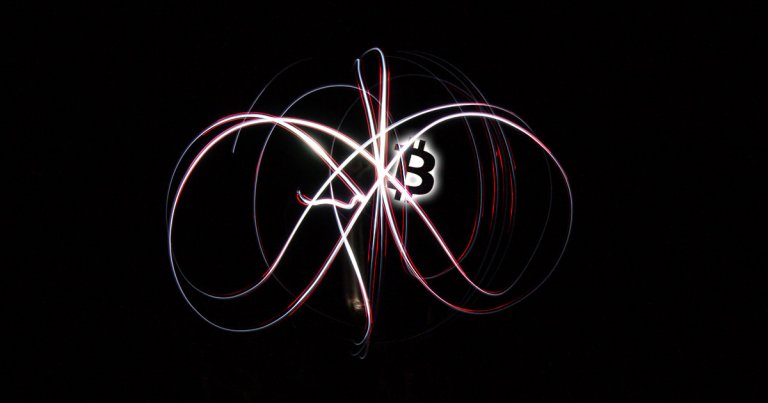 Bitcoin Core dev: It will take almost infinity years to “crack” a BTC address with a GPU
Bitcoin Core dev: It will take almost infinity years to “crack” a BTC address with a GPU Bitcoin Core dev: It will take almost infinity years to “crack” a BTC address with a GPU

Photo via Ryan Stone on Unsplash
A Twitter user going by “MasterChangz” made quite the scare on Twitter on May 24 when he opined that Bitcoin’s “days are numbered” due to the improvement of computational technology.

In a tweet that went crypto-viral, the pseudonymous Bitcoin trader wrote that assuming a 1,000 percent improvement in computational speed every two years, there will soon be technologies that can crack BTC wallets — whether there are zero, two and a half, or ten thousand coins in the wallet — in a reasonable amount of time.
“Every 2 years the speed increases ~10x with hardware & technological upgrades. Bitcoin’s days are numbered, give it 5 years, faster script, faster hardware & a hashing pool,” he wrote.
But according to a Bitcoin Core developer, there is no reason to be concerned — at least not at the moment.
No one can hack your Bitcoin wallet… yet
One of the beauties of Bitcoin is that if you are the only one that knows a private key, you are the only one with access to the BTC attached to that key. Just think of the phrase “not your keys, not your Bitcoin.”
But, it’s actually possible to guess a private key. That’s to say, you or your computer could enter in a jumble of alphanumeric characters into a Bitcoin wallet and hope that it yields some addresses with coins on them.
It’s what MasterChangz is trying to do with his graphics card.
Technically, it’s possible. Though in reality, analysts say, it’s highly improbable.
Luke Dashjr, a Bitcoin Core developer, remarked that at 600 MK/s — computational power that most mid-high grade graphics cards have today —it will take “on average 38593493520073954175290747912192 years to crack an older Bitcoin address.”
Danny Diekroeger, an engineer at the Bitcoin-friendly Cash App, echoed this, writing that:
“At 1,000,000,000 times the computer power he has, running for 100 years, the odds he finds any private key with balance: 0.0000000000000000000000000000000000000000000001%.”
Basically, you can try, but you won’t succeed.
The quantum computer scare
The scare that MasterChangz caused is reminiscent of the quantum computer fiasco last year.
For those who missed the memo, last year it was revealed by the Financial Times that a Google research paper was leaked on the NASA website indicating the existence of a computer that has achieved “quantum supremacy.”
Downloads of the paper are not readily available, but reports on the matter indicate that in it, Google researchers claim to have a quantum device that can perform extremely complex mathematical equations due to the exponential nature of qubits as opposed to the traditional bits.
The same equation that would have taken the Summit 3 — an IBM supercomputer — about 10,000 years, took this computer three minutes and two seconds.
What was especially scary about the paper is that Google suggested that it could increase its quantum technologies at a “double exponential rate” in the coming years, potentially allowing the firm to break all modern encryption in just a decade or two.
The news of the potential death of encryption quickly spread to the cryptocurrency space, which is predicted on cryptography (hence “crypto”). Some were quick to say that Bitcoin is on its way out, while others expected the asset to crash lower as news of this quantum supremacy spread.
But these fears — like the ones mentioned in the first portion of this article — were also overblown.
Jack Matier, a team member of the Quantum Resistant Ledger, in 2019 extrapolated the growth of the computational power of quantum computers over the four years. He found that assuming the ongoing exponential trajectory, it will be 2.3 to 5.3 years before quantum computers can begin to make a dent in Bitcoin’s algorithm.
Yes, 2.3 to 5.3 years away sounds close, but as it stands, there is no computer that has fixed the “lingering issue of error-correction” and the other issue of “scaling,” which would make any attempt at hacking a BTC or altcoin address extremely hard.




 CryptoQuant
CryptoQuant 





















































































